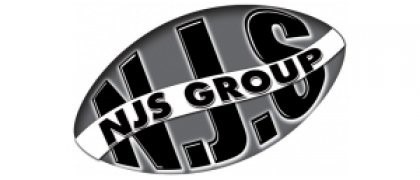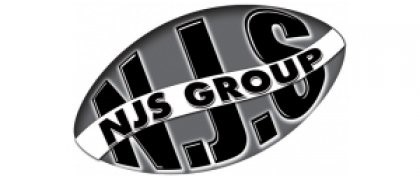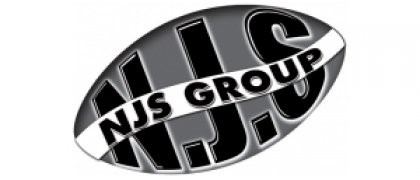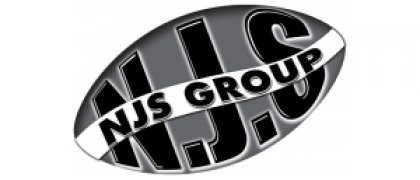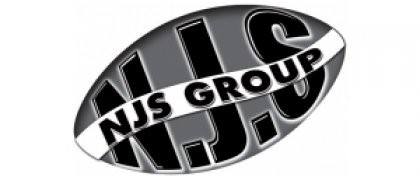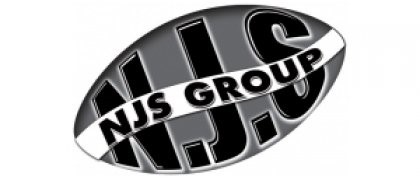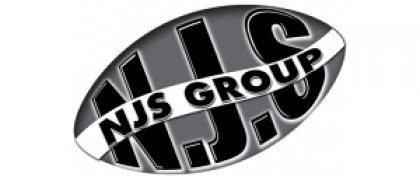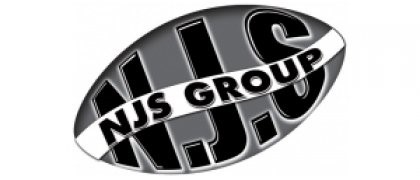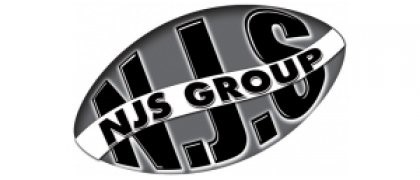Title Page
-
Employee Name.
-
Conducted on
-
Manager Conducting the Interview
Section 1: Absence Details.
Return to work Interview
-
The return to work interview form is designed as a guide for the line manager when meeting with employees on their return to work from sickness or following incidents/accidents etc. The meeting should be formal, polite and relaxed with the manage encouraging discussion and listening as much as talking.
Employee Details
-
Which NJS Company Does the Individual Work For?
- NJS Scaffolding
- NJS Brickwork
- NJS Roofing
- NJS Access Solutions
-
Job Title or Role
-
Home Address.
-
Date of Birth (dd/mm/yyyy)
-
Employees Photo
Absence Details
-
First date of absence
-
Date of Return
-
Number of days Absent from Work
-
Is the absence reportable under RIDDOR?
-
Has a report been submitted to the HSE?
-
Why has a report not been submitted?
-
Who was the absence reported to.
-
Method of informing Manager
-
Date Reported
-
Has the employee provided a self certificate or fit note ?
-
Take a copy of the form
-
Was absence due to illness?
-
Give details
-
Did the employee see a Doctor
-
Details
-
Was this a recurring illness?
-
Was the absence due to an injury at work?
-
Provide details of the injury
-
Is the employee able to return to their normal duties?
-
What modifications to their job will be required?
-
Will their symptoms/medication affect their ability to do the job?
Declaration
-
I understand that if I provide inaccurate or false information about my absence I may be subject to disciplinary action and may forfeit my right to sick pay, or other benefits subject to my service entitlement.
Review by Manager
-
Is any further action required? e.g occupational surveillance or review any patterns of absenteeism
-
If yes, provide further details.
-
Managers Name
-
Managers Signature
